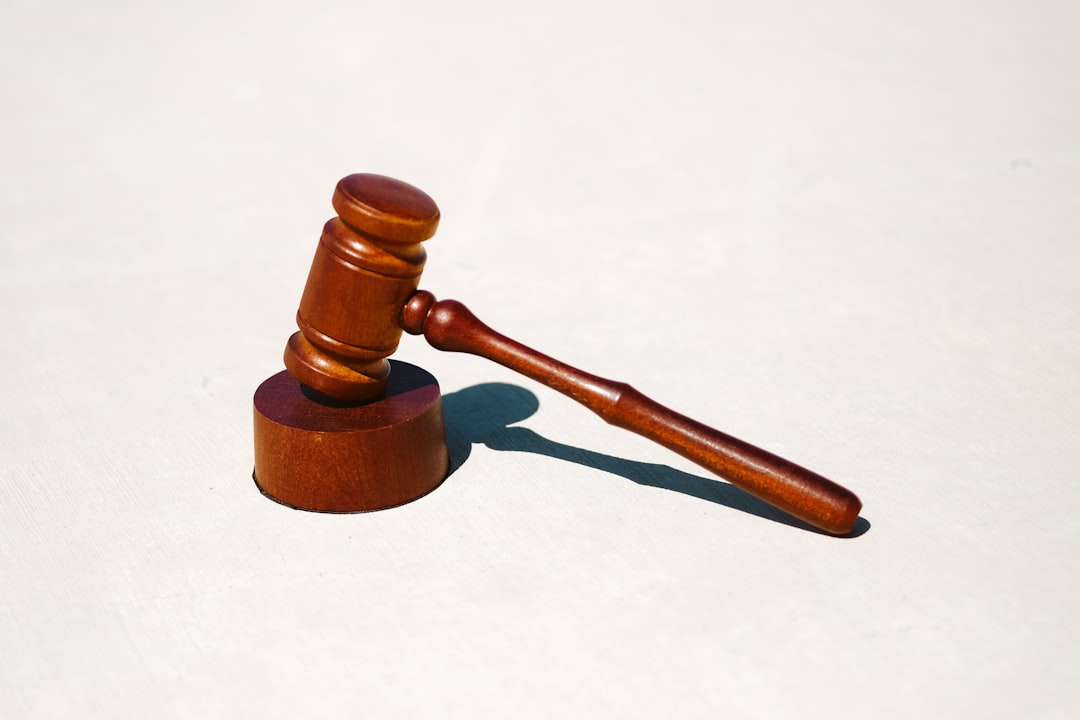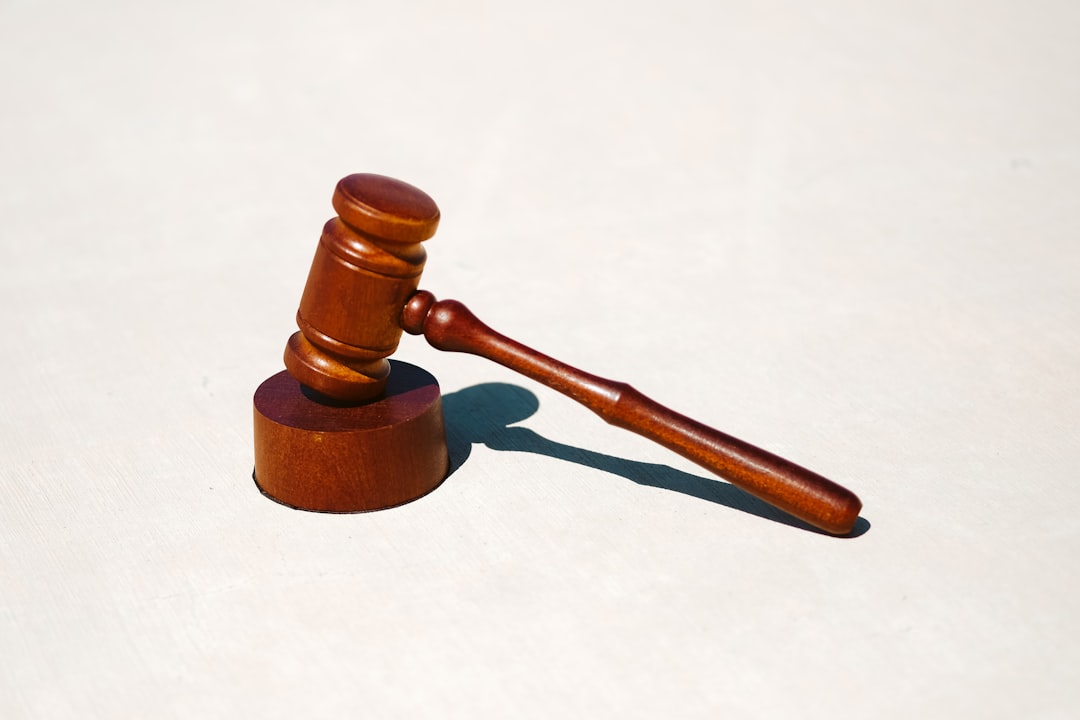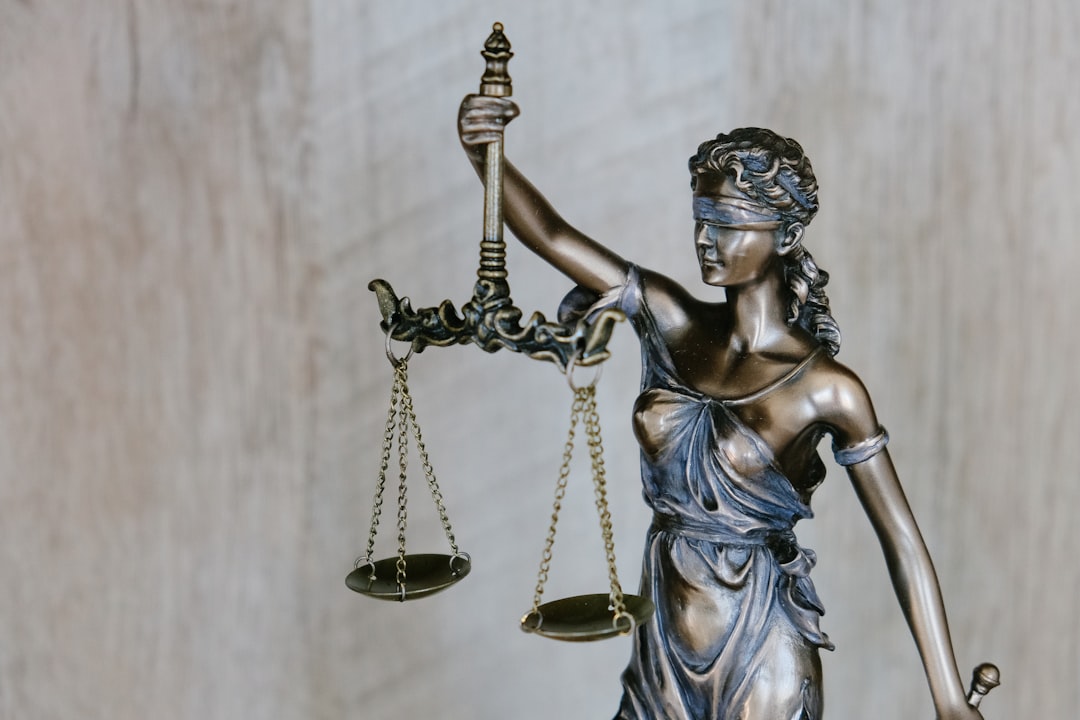In Arkansas, victims of abuse, particularly sexual abuse, can find solace through confidential legal aid services. Understanding these resources is crucial for navigating the complex legal landscape and seeking justice. This article delves into the intricacies of confidential legal aid in Arkansas, highlighting the pivotal role played by sexual abuse lawyers. From recognizing eligible services to accessing help and understanding the legal process, we guide you through every step, empowering you with knowledge. For those seeking a sexual abuse lawyer in Arkansas, this is your comprehensive resource.
Understanding Confidential Legal Aid for Abuse Victims in Arkansas

In Arkansas, confidential legal aid plays a pivotal role in supporting victims of abuse, especially those who have experienced sexual abuse. This form of assistance is designed to protect the privacy and well-being of survivors while ensuring they receive the legal representation they deserve. Confidentiality is a cornerstone of this process, allowing individuals to come forward and seek justice without fear of exposure or retaliation.
Victims of sexual abuse can access these services through specialized legal aid organizations in Arkansas. These non-profit groups employ qualified attorneys who are trained in handling sensitive cases, ensuring victims receive tailored support. Whether it’s navigating criminal proceedings, seeking civil compensation, or understanding their rights under the law, a sexual abuse lawyer in Arkansas can guide survivors through every step, maintaining strict confidentiality throughout.
The Role of a Sexual Abuse Lawyer in Arkansas

In Arkansas, a sexual abuse lawyer plays a pivotal role in advocating for victims and ensuring justice. These legal professionals are equipped to handle sensitive cases involving sexual assault, harassment, and other forms of abuse. They provide confidential aid, guiding clients through the complex legal system while prioritizing their emotional well-being. A sexual abuse lawyer Arkansas specializes in understanding state laws and can offer crucial support during criminal proceedings, civil lawsuits, or both.
Their expertise extends to negotiating settlements, representing clients in court, and assisting with evidence collection and preservation. Additionally, they educate victims about their legal rights and options, empowering them to make informed decisions. By employing strategic legal approaches, a sexual abuse lawyer Arkansas aims to protect the rights of survivors and hold perpetrators accountable for their actions.
Accessing Services: Where to Find Help in Arkansas

In Arkansas, victims of sexual abuse can find support and legal assistance through dedicated resources and organizations. If you’ve experienced sexual misconduct or assault, it’s crucial to reach out for help as soon as possible. One essential step is to connect with a qualified sexual abuse lawyer Arkansas who specializes in these sensitive cases. These attorneys are trained to navigate the complexities of criminal and civil proceedings related to sexual abuse. They can guide victims through the legal process, ensuring their rights are protected while pursuing justice.
To access these services, you can start by reaching out to local legal aid organizations or community centers that offer pro bono or low-cost legal assistance. The Arkansas Legal Aid Association is a great place to begin your search for free or affordable legal help. Additionally, many non-profit organizations and hotlines are available 24/7 to provide support, resources, and referrals to qualified attorneys who handle sexual abuse cases. These organizations understand the impact of trauma and strive to create a safe and confidential environment for victims to seek justice.
Navigating the Legal Process: What to Expect After Seeking Aid

After seeking confidential legal aid in Arkansas for abuse, especially sexual abuse cases, survivors can expect a supportive and discreet process. A dedicated sexual abuse lawyer in Arkansas will guide them through each step, ensuring their rights are protected. This includes understanding the legal options available, gathering evidence, and building a strong case to hold the perpetrators accountable.
The journey may involve court appearances, depositions, and potentially even trial, but with professional assistance, survivors can navigate these challenges with dignity. It’s crucial to remember that each case is unique, and legal strategies will be tailored accordingly, providing a roadmap towards justice and closure for those who have suffered abuse.





